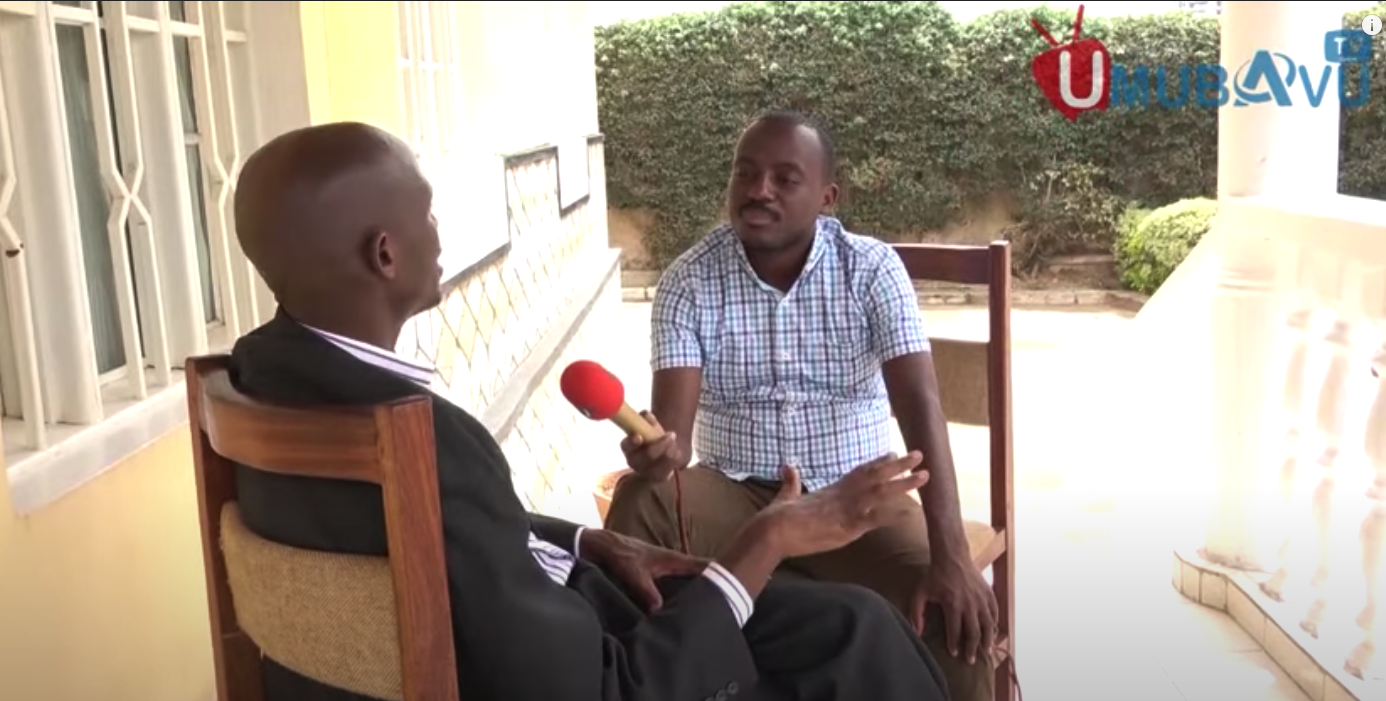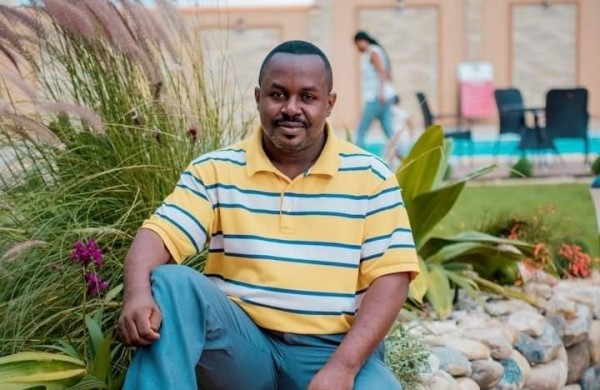The IPI global network of editors, media executives, and leading journalists condemns this month’s arrest of Rwandan journalist Theoneste Nsengimana of Umubavu TV. IPI calls for his immediate release.
On Tuesday, October 13, journalist Theoneste Nsengimana was arrested at his home by the Rwandan authorities. Earlier that day, Nsengimana, who runs a channel called Umubavu TV on YouTube, had posted a video of a woman encouraging people to celebrate “Ingabire day” to honour opposition figures who have been jailed, kidnapped and killed.
In the following days Rwandan authorities also arrested a total of seven opposition members of the opposition party Dalfa-Umurinzi, which is led by Victoire Ingabire. In addition, two of the party’s assistants were arrested at their homes. The Rwandan authorities accused those arrested of having “the intention to spread rumours intended to cause uprising or unrest among the population using different social media platforms”, a framing which has been used in the past to justify the arrest of critics and opposition voices.
“The arrest of Theoneste Nsengimana is a serious violation of press freedom and the latest effort to crackdown on independent or opposition media in Rwanda”, IPI Deputy Director Scott Griffen said. “The Rwandan government must allow for opposition voices to be heard and give journalists the freedom to air these voices on their channels, without facing threats, legal charges or arrest. We call for Mr. Nsengimana’s immediate release.”
Umubavu TV, run by Nsengimana, is a YouTube channel that regularly airs content in which the government is criticized. It also provides air time to opposition voices, unlike government-run or government-supported media in Rwanda. Nsengimana is not a member of the Dalfa-Umurinzi party, Ingabire has stated.
This is not the first time that Nsengimana was arrested by the Rwandan authorities. In April 2020, police arrested him and three other bloggers working for Afrimax TV and Ishema TV, after reporting on the impact of the COVID-19 guidelines on vulnerable populations on their YouTube channels. Nsengimana was accused of fraud and held in pretrial detention, but released in May 2020 for lack of evidence.
Unacceptable arrest
In an interview with IPI, Victoire Ingabire, leader of the Dalfa-Umurinzi party, called the arrest of Nsengimana “unacceptable and unjustified”. “In Rwanda, the high court needs to authorize the arrest of a journalist. Because Nsengimana’s arrest has not been allowed by the court, his arrest is illegal”, she said. Currently, the Rwandan Investigation Board (RIB), the organization responsible for the arrest, has finished interrogations with Nsengimana and the arrested opposition members. A trial might be the possible next step, Ingabire said. She added that the accusation of “spreading rumours” has been repeatedly used to arrest critics, harming media freedom in the country.
Rwandan authorities have recently been cracking down on critical YouTube channels that discuss human rights abuses and the country’s government. Between March 2020 and March 2021, at least eight people reporting or commenting on political affairs on YouTube were threatened, arrested, prosecuted or “disappeared” in mysterious circumstances, Human Rights Watch reported earlier this year.
In December 2020, the Rwandan Media Commission (RMC) announced plans to register YouTube channels operating as media, in order to hold “YouTube channels accountable”, a move seen as an attack on media freedom. RMC Executive Director Emmanuel Mugisha, claimed the plan was in response to complaints received and was not done for “regulatory purposes but for recognition”. Although the RMC is officially a self-regulatory body, in place since 2013, in practice the organization is under control of the Rwandan authorities.
Among those arrested are former university lecture Aimable Karasira, who was arrested last June and charged with denying the 1994 genocide. Another YouTuber, Yvonne Idamange, who criticized President’s Paul Kagame’s rule in her videos, was sentenced to 15 years in prison for inciting violence on October 1 this year.


